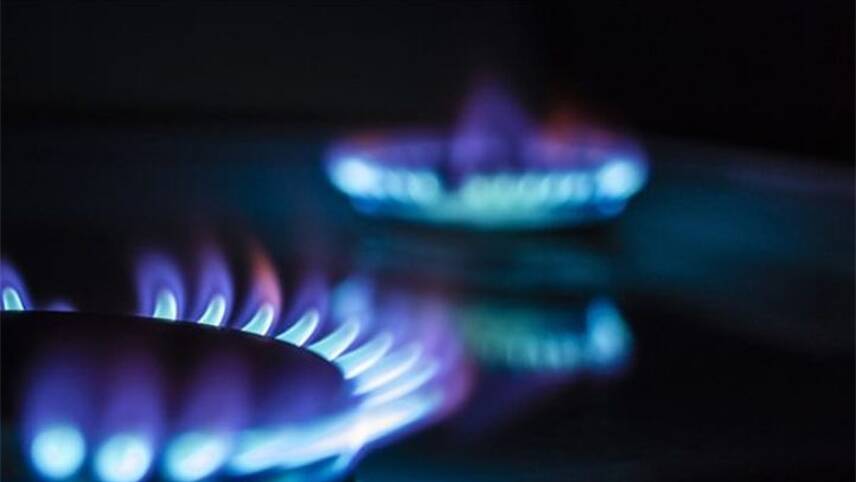Register for free and continue reading
Join our growing army of changemakers and get unlimited access to our premium content

edie rounds up the key reaction to the windfall tax announcement
The Ofgem Energy Industry Voluntary Redress Scheme opened today (5 May) with the first round of funding sitting at £27m. The Scheme provides grants to charities and community energy groups to help combat the rising energy costs that have left some households having to choose between basic necessities such as warmth or food.
The funding is sourced from Ofgem’s enforcement and compliance regime that collects payments for rule breaches. The Energy Saving Trust was reappointed by Ofgem in March 2022 to continue the management and allocation of payments for phase two of the scheme, which started in 2018.
Charities and community energy trusts have one month to apply for a share of the £27m funding for projects that improve energy efficiency and reduce emissions.
The Energy Redress Scheme’s senior project manager Graham Ayling said: “Rising energy prices and the climate crisis are two of the biggest issues facing people in the UK today. We know that there are hundreds of charities and community groups that are already working tirelessly to help energy consumers address these challenges, so the timing of this new funding couldn’t be better.
“We look forward to funding projects that help those most in need through this difficult time, as well as shaping a greener and fairer energy future.”
Ofgem’s main fund contains £18m for projects seeking grants between £50,000 and £2 million that will support households in vulnerable situations. Charities can also access a “small project” fund totalling £1m for initiatives seeking grants between £20,000 to £49,999.
A £4m innovation fund can also be accessed alongside a £4m carbon emissions reduction fund for projects that help households reduce emissions through energy efficiency upgrades.
Prioritising energy efficiency
At the start of the year, Ofgem announced the new energy price cap for average gas and electricity bills, meaning that the average home will see dual-fuel bills rise above £1,900. There have been fresh calls for Government-level focus on energy efficiency and renewables to decrease the nation’s reliance on imported gas.
Earlier this year, industry body the Association for Decentralised Energy (ADE) launched a campaign urging the Treasury to scrap VAT on energy retrofits for the UK’s building stock, in a bid to combat spiralling energy costs.
The campaign, consisting of an open letter with 23 signatories including 16 ADE members, calls on the Treasury to remove VAT on energy efficiency retrofits to be reduced to 0%. The campaigners argue this would help combat rising energy prices while also building towards the UK’s net-zero target for 2050.
Currently, all retrofit works for existing buildings, such as the installation of triple glazing or insulation, have a 20% VAT rate applied. VAT exemptions are no longer limited in the UK following Brexit, and the ADE is calling on the Treasury to exercise these new freedoms to kickstart a retrofit programme.


Please login or Register to leave a comment.